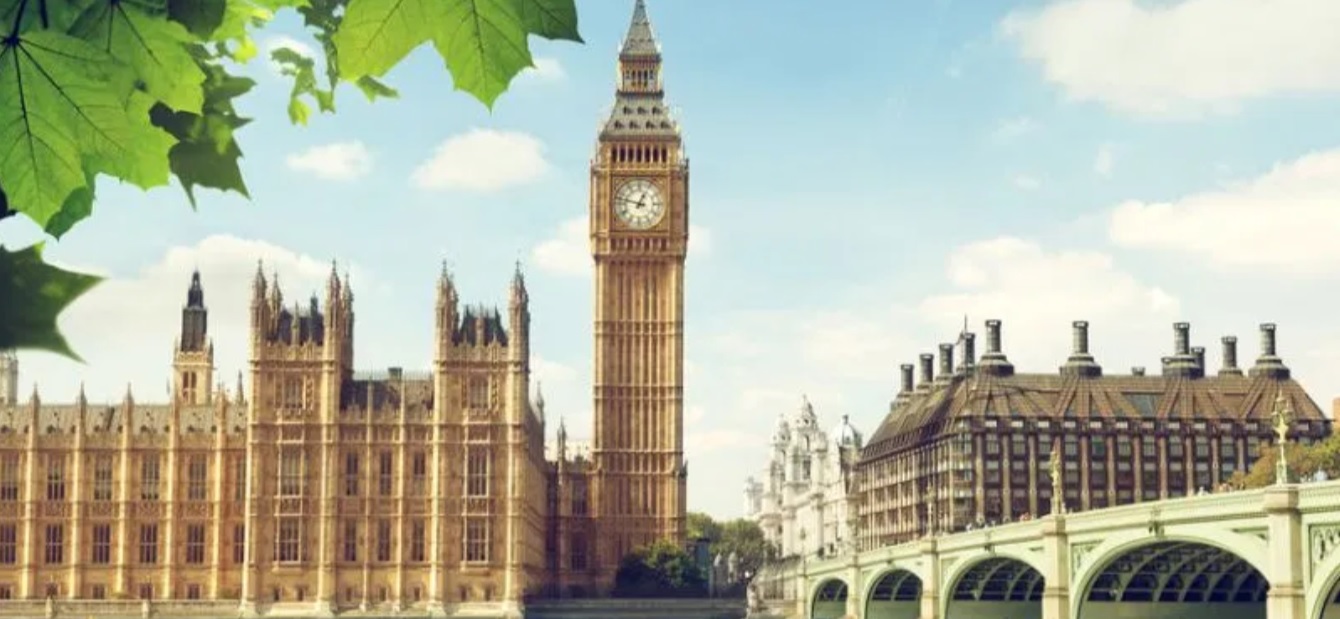
by Liz Gyekye
“Climate change is now acting as a locomotive pulling a train load of other environmental issues further up the political agenda particularly among highly connected millennials.”
All the UK’s main political parties have focused on the issues of tackling climate change and single-use plastics in their manifestos.
Last week, the Labour Party launched its political document and put green issues at the top section of its manifesto – the first time one of the UK’s two major parties has done so. It pledged to “take on the global plastics crisis by investing in a new plastics remanufacturing industry creating thousands of jobs, ending exports of plastic waste and reducing our contribution to ocean pollution”.
In its manifesto, the Labour Party also said it would appeal to votes with policies including an £11bn windfall tax on oil and gas companies and a million new jobs in a “green industrial revolution”.
Commenting on the Labour Party manifesto, Rebecca Newsom, head of politics at Greenpeace UK told Bio Market Insights: “This manifesto takes the climate and nature emergency seriously.”
However, Newsom added that its manifesto “still stops short of getting full marks at this stage”, adding there must be a commitment to radically reduce the use of single-use plastic.
The Conservative Party also pledged to tackle single-use plastics and climate change in its manifesto, which it released yesterday (24th November). In its manifesto, the party claimed that it would continue to “lead the world in tackling plastics pollution, both in the UK and internationally, and will introduce a new levy to increase the proportion of recyclable plastics in packaging”.
It also said it would introduce extended producer responsibility, so that producers pay the full costs of dealing with the waste they produce and boost domestic recycling. In its manifesto, the Conservative Party also said it would aim to ban the export of plastic waste to non-OECD countries.
“The commitments to improve public transport, lead diplomatic efforts to protect 30% of global oceans by 2030, reform agriculture, expand offshore wind and take more steps to clamp down on plastic pollution demonstrate the Conservatives have started to recognise the seriousness of the challenge,” Newsom said.
However, she said the Conservative Party “still insists on supporting polluting and destructive infrastructure that we cannot afford if we are to have a healthy and safe future, as the emphasis on road building, Heathrow and North Sea oil and gas make clear”.
The Liberal Democrats had similar pledges, but gave a nod to the bio-based industry when it stated that it would ban “non-recyclable single-use plastics and replace them with affordable alternatives, aiming for their complete elimination within three years, as a first step towards ending the throwaway society culture and an ambition to end plastic waste exports by 2030”.
The Liberal Democrats also said that they aim to establish a statutory waste recycling target of 70% in England, and extend separate food waste collections to at least 90% of homes by 2024. The party also aims to introduce a ‘Zero-Waste and Resource Efficiency Act’ to ensure that the UK moves towards a circular economy.
‘Public anxiety’
Commenting on the main political parties’ manifestos, Tom Burke, chairman of environmental thinktank E3G, told Bio Market Insights: “Extinction Rebellion, Greta Thunberg and Alexandria Ocasio-Cortez are all giving powerful expression to rapidly rising public anxiety about the climate. That anxiety is being driven by the rising number and impact of extreme weather events just as predicted by climate scientists. Experience is now validating the science and therefore generating real pressure on politicians to act.
“Climate change is now acting as a locomotive pulling a train load of other environmental issues further up the political agenda particularly among highly connected millennials. The whole environmental agenda is now becoming a battle ground over which the parties are fighting to capture increasingly energised younger voters.
“It now clear that the technological and economic obstacles to keeping the climate safe can be overcome but we have barely begun to think through overcoming the political obstacles to decarbonising the economy.”
Speaking to Bio Market Insights, David Newman, Managing Director of the Bio-Based and Biodegradable Industries Association (BBIA), said: “All the parties commit to a greener Britain, to a carbon zero Britain and to a more responsible Britain that will not be exporting its plastic waste in the future. I was one of the first signatories to the proposal to ban those exports so that is particularly pleasing to me.
“There are many ways of interpreting the ambitions and the gap between a manifesto and policy implementation is, as history has taught us, huge. So, I am personally not getting excited about any of this and will continue to work, as I have since 2015, on the basis that we live in times of great uncertainty and enormous volatility.”
This article UK political parties ramp up focus on climate change and single-use plastics in their manifestos was originally published by Bio Market Insights
